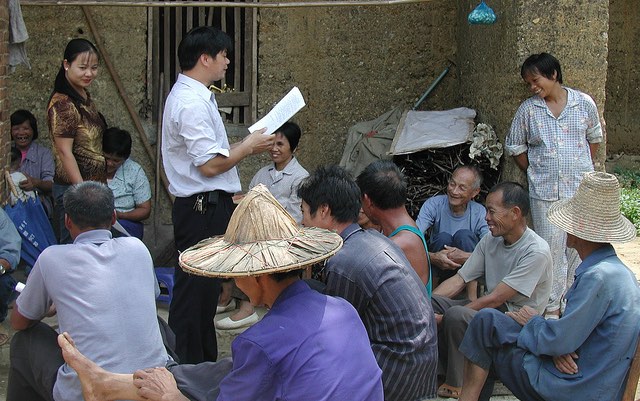Revitalizing rural areas is key to address the adverse impacts of climate change, potential trade wars, rapid urbanization, and increasing rural-urban inequalities. What role should targeted public investments play?
Recent reviews show that investments targeted toward rural areas promote inclusive and sustainable outcomes. A synthesis of findings from previous research on China’s public investments in agricultural R&D, rural education, and rural infrastructure shows that there are significant returns to a broad range of outcomes, including agricultural and overall growth, and poverty reduction. The synthesis also provides guidance in the context of both the Chinese government’s new strategy for prioritizing rural revitalization and of emerging trends impacting food security and nutrition. In summary:
- Agricultural R&D works to boost productivity, increasing rural farmer wages and contributing to poverty and hunger reduction. While historical Chinese investment in this sector was low or shifting in priority for most of the second half of the 20th century, China dramatically increased investments over the last two decades and saw drastic reductions in poverty levels across the country.
- Rural education similarly acts as a driver for economic growth and nutrition. China established a compulsory nine-year education system in 1986, pairing it with a major increase in rural educational spending. These investments paid off greatly, as illiteracy plummeted in the general population.
- Rural infrastructure is the other key to rural revitalization, though it has not received significant investment until recent decades. Investments in rural roads, rural power systems, and telecommunication infrastructure ranked highest in returns to poverty reduction as well as in economic growth.
The case of public rural investment in China provides valuable lessons on rural development and revitalization for the global community. Support for agricultural R&D and other innovations does help to foster better nutrition with fewer resources, while also improving technologies to diversify food production. But to achieve broad rural revitalization, investments in infrastructure, information and communications technologies, and professional on-job education are also required. These types of public investments are key for strengthening rural areas around the world in order to support economic development, food security, and nutrition.
Shenggen Fan is Director General of IFPRI.







